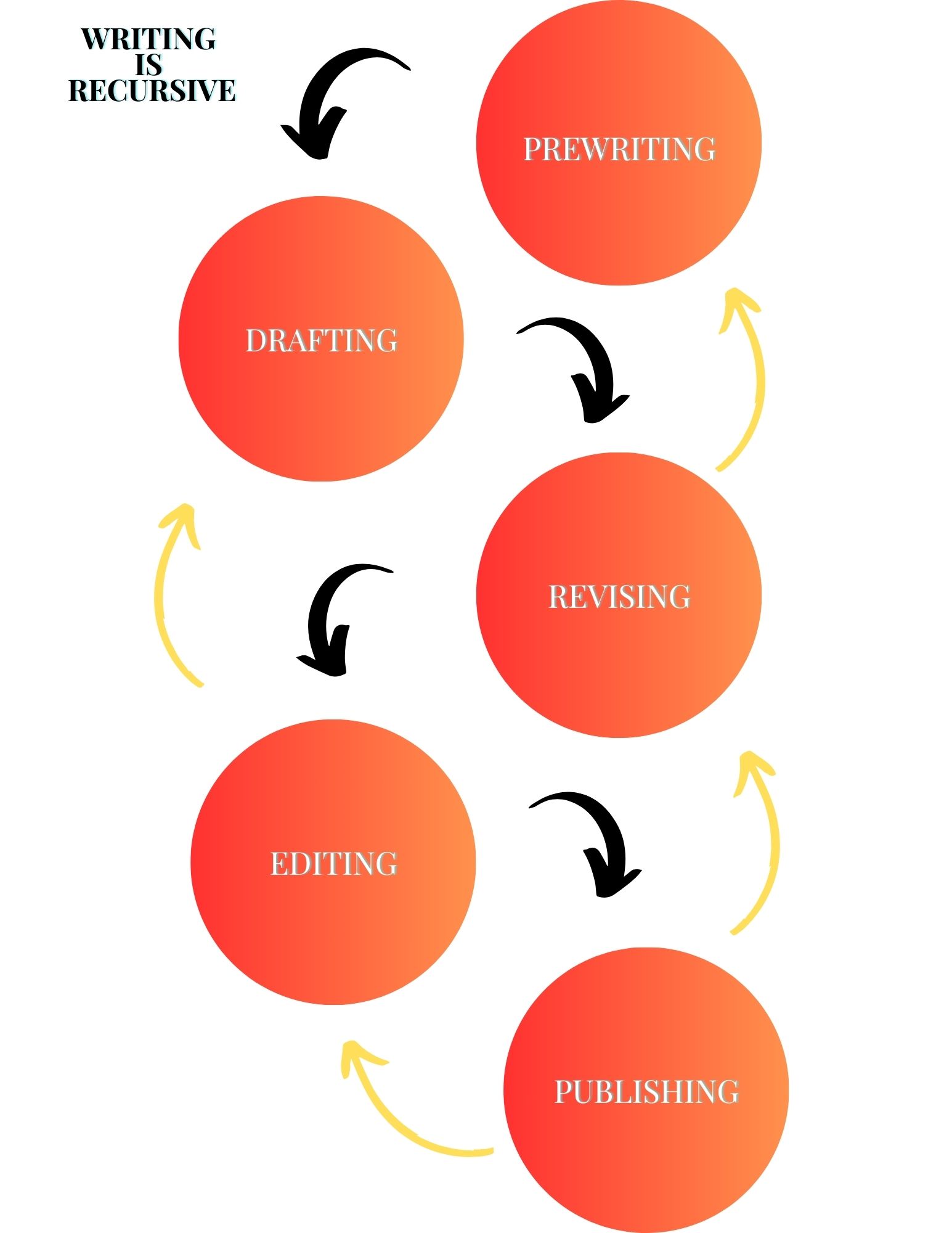“There was a fine manliness observable in almost every face; and in some a certain loftiness and sweetness that rebuked your belittling criticisms and stilled them. A most noble benignity and purity reposed in the countenance of him they called Sir Galahad, and likewise in the king’s also; and there was majesty and greatness in the giant frame and high bearing of Sir Launcelot of the Lake.”
Greetings! For today’s post, we are going to look at Chapter 3 and Chapter 4 of Mark Twain’s A Connecticut Yankee in King Arthur’s Court. These next two chapters feature more of Hank Morgan’s observations about Camelot and the Round Table. We also find more of that famous satirical wit from Twain as he tries to draw parallels between Camelot and the Gilded Age.
Chapter 3: Knights of the Table Round
In the beginning of the third chapter, Hank Morgan continues observing the Knights of the Round Table and finds their stupidity charming. At one point, he notices a great yawning tale about Sir Launcelot and his ability to vanquish a multitude of foes and his ability to save a multitude of fair maidens. Additionally, Merlin joins the fray and tells his own tale, even though Clarence, the page, warns Hank of how often Merlin tells this tale, which seems quite often.
Merlin’s tale is long, and focuses on the Lady of the Lake and Excalibur.
“Sir Arthur King, said the damsel, that sword is mine, and if ye will give me a gift when I ask it you, ye shall have it. By my faith, said Arthur, I will give you what gift ye will ask. Well, said the damsel, go ye into yonder barge and row yourself to the sword, and take it and the scabbard with you, and I will ask my gift when I see my time” (Twain)
Chapter 4: Sir Dinadan the Humorist
After Merlin’s tale, Sir Dinadan the Humorist woke and proceeded to enact a “joke of a sufficiently poor quality.” After tying cups to a dog’s tail, he allowed the dog to run recklessly through the hall. The joke was funny to most of the knights, but was especially funny to Sir Dinadan the Humorist.
Hank notes: “… and as is the way with humorists of his breed, he was still laughing at it after everybody else had got through” (Twain).
Building on this, the Humorist than rattled off a bunch of “played-out jokes” and Hank wonders how it is possible to hear such idiocy so many years before his own birth. Afterward, Sir Kay tells the tale of capturing Hank in the countryside. It is after this that he names Hank’s death date as the 21st and “stopped to yawn before he named the date.” Then, he is stripped and treated with impunity as he is and the room filled with chatter.
Hank says that he himself was the only one who was embarrassed as his stripping and display had the trappings of curiousity. He states, “Queen Guenever was as naively interested as the rest, and said she had never seen anybody with legs just like mine before. It was the only compliment I got—if it was a compliment” (Twain).
At that, Hank is taken into the dungeon and thrown into a “narrow cell” where he was kept company by the rats.
Analysis
Chapter III explores more of Hank’s introspection on Camelot’s strange and hypocritical society. The knights who should by all intents and purposes be noble and heroic embody far more childlike qualities and this very fact counters Hank’s previous understanding of chivalry.
He notes that, “… I had always imagined until now that that sort of thing belonged to children only, and was a sign and mark of childhood; but here were these big boobies sticking to it and taking pride in it clear up into full age and beyond.”
Yet, he still finds them enchanting as they are “lovable” in a sort of dull, brain dead way. A loss a brains is no problem, of course, Hank surmises, because “brains were not needed in a society like that, and indeed would have marred it, hindered it, spoiled its symmetry—perhaps rendered its existence impossible.
Furthermore, in Chapter IV, we continue to see this childlike abandon in a society that aught to be the Shining City on the Hill, and yet it is far from it in every way. Sir Dinadan the Humorist’s comedy special in the hall of the Round Table is shameful to Hank. It expresses an immature state, which seems to be the commonality between the knights themselves.
Twain is drawing clear parallels between this society and the society he lived in at the turn of the 19th century. His previous quote on intelligence not being a marker for this time or place has particular value when you consider the robber barons of the Gilded Age, who pillaged landscapes and terrorized people for the sake of profit and capital. Truly, idiocy as hindrance and idiocy as motive is compelling at both the Round Table and the table of greedy capitalists.
Works Cited
Project Gutenberg. (n.d.). A Connecticut yankee in king Arthur’s Court. The Project Gutenberg eBook of A Connecticut Yankee in King Arthur’s Court, by Mark Twain. https://www.gutenberg.org/files/86/86-h/86-h.htm








Leave a Reply